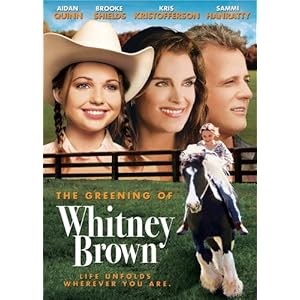As an author who writes about grief, specifically a loss that occurs during the holidays, I'd be remiss if I didn't take a moment to talk about how to cope with the pain of loss during what's supposed to be a joyful season.
I highly recommend this wonderful series from griefshare.org, "Surviving the Holidays."
A few practical things I gleaned from it:
Keep your expectations low
It's not necessary to accept every invitation, nor do the level of decorating and baking you've done other years. You're more vulnerable to being ambushed by emotions by the season, so don't add more stress.
Take care of your body
Exercise and exposure to sunlight should be part of your daily routine. If you feel like self-medicating with alcohol or unhealthy food, take a walk.
Dispense with the usual traditions or build new ones
If the thought of going through the usual holiday rituals fills you with dread, give yourself permission to do something completely different. Leave the usual ornaments in a box and make new ones. Take an impromptu trip to a lovely destination, or offer to house-sit for friends who are traveling. Change the time of day or room in which you open gifts. Make a completely different menu.
You might alternately find it comforting to build new traditions into your existing ones that honor your lost loved one. Here are some ideas for doing that.
Treat yourself
Give yourself a gift from your lost loved one, something that honors the special relationship you had or simply comforts you: a new album if you shared a love of music, an item of clothing in your loved one's favorite color, a book you've been eager to read, tools for a hobby you've always wanted to try.
Stay connected
Force yourself to attend social gatherings, if only for a short time. Try to plan a few fun activities with a good friend, like seeing a movie or concert or going out for coffee.
Reach out
Get involved with charity work--perhaps visiting a nursing home, delivering meals to needy families, serving at a homeless shelter. Supporting others who are also hurting can ease some of your pain.
Have you endured a post-loss Christmas? What helped you most? How might you reach out to a grieving friend during the holidays?
I highly recommend this wonderful series from griefshare.org, "Surviving the Holidays."
A few practical things I gleaned from it:
 |
| image by Bekahboo42, morguefile.com |
It's not necessary to accept every invitation, nor do the level of decorating and baking you've done other years. You're more vulnerable to being ambushed by emotions by the season, so don't add more stress.
Take care of your body
Exercise and exposure to sunlight should be part of your daily routine. If you feel like self-medicating with alcohol or unhealthy food, take a walk.
Dispense with the usual traditions or build new ones
If the thought of going through the usual holiday rituals fills you with dread, give yourself permission to do something completely different. Leave the usual ornaments in a box and make new ones. Take an impromptu trip to a lovely destination, or offer to house-sit for friends who are traveling. Change the time of day or room in which you open gifts. Make a completely different menu.
You might alternately find it comforting to build new traditions into your existing ones that honor your lost loved one. Here are some ideas for doing that.
Treat yourself
Give yourself a gift from your lost loved one, something that honors the special relationship you had or simply comforts you: a new album if you shared a love of music, an item of clothing in your loved one's favorite color, a book you've been eager to read, tools for a hobby you've always wanted to try.
Stay connected
Force yourself to attend social gatherings, if only for a short time. Try to plan a few fun activities with a good friend, like seeing a movie or concert or going out for coffee.
Reach out
Get involved with charity work--perhaps visiting a nursing home, delivering meals to needy families, serving at a homeless shelter. Supporting others who are also hurting can ease some of your pain.
Have you endured a post-loss Christmas? What helped you most? How might you reach out to a grieving friend during the holidays?





































